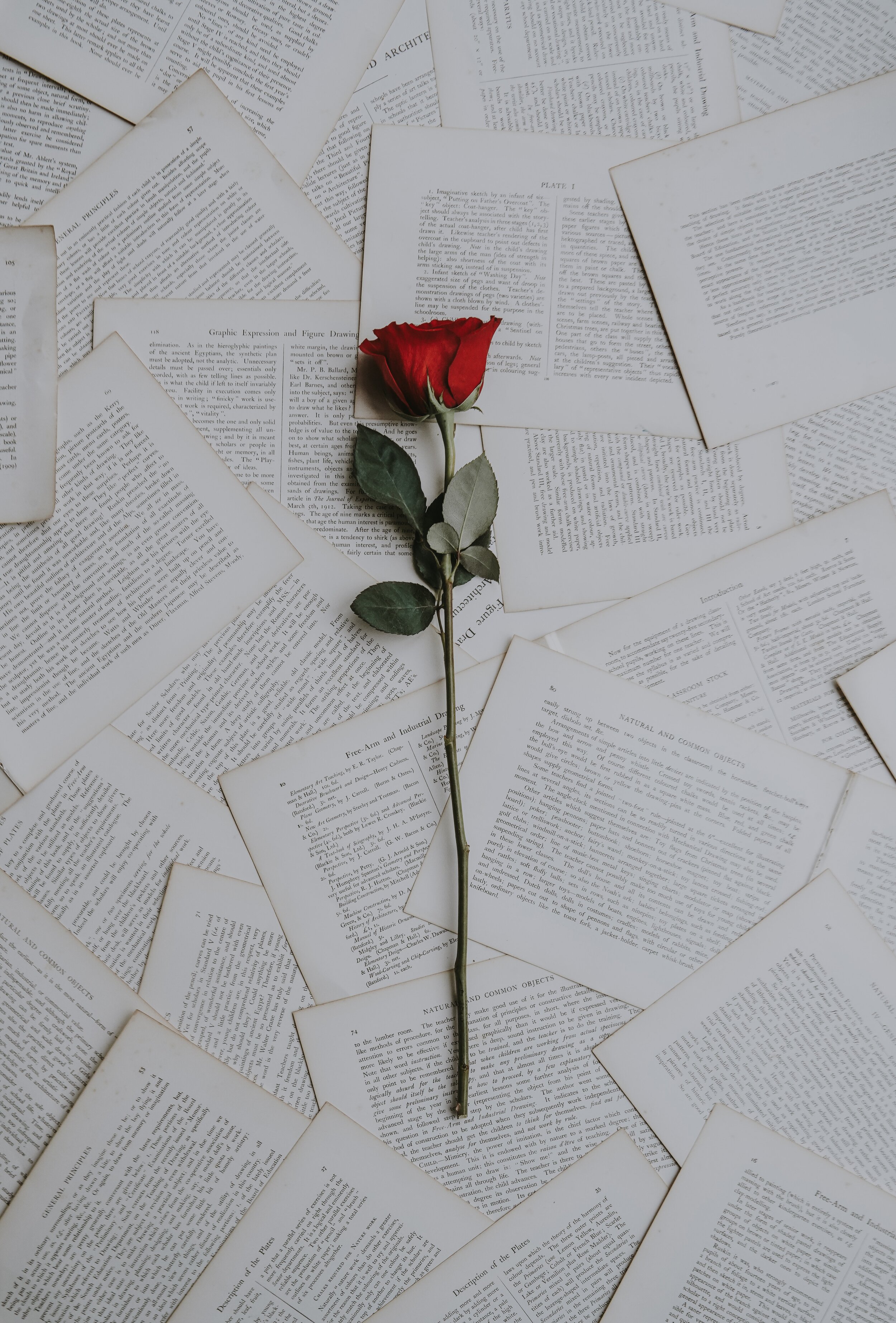Bere Parra on writing as therapy and prayer

How have you used writing as a healing or trauma recovery tool? How does it give you autonomy and self-understanding?
Whenever I experience emotional pain, I turn to writing. Sometimes I journal, other times I type it on a text file in my computer, or write an e-mail to someone I admire (even if they're dead: I just type the message and imagine I send it to them). I don't really socialize with anyone in my current city, except for my own family; therefore, writing is both an outlet for me to verbalize my pain, and it's also a tool that allows me to review my progress or my stagnation. Sometimes I wait a few months and go back to re-read what I wrote after something meaninful happened in my life, and I analyze how I have grown (or not) or how I feel about it. So writing is pretty much my therapy, my meditation/prayer practice, and my best friend.
Do you integrate writing into your ritual/spiritual/magical life?
I adapted The Artist's Way suggested practice of the morning pages to my lifestyle: I do them at night, before I go to bed. I also do magick via storytelling, writing the desired results or turn of events in order to manipulate reality to suit my needs or those of my clients. Recently I've also begun using writing as prayer, adapting a surrealist technique that's been used by poets (I think they call it 'visual poetry' or 'shape poetry'?) - the shape I'm using is the spiral.
If we put three writers or books into a circle to summon you, who/what would they be?
Jorge Luis Borges (The Aleph), Salman Rushdie (The Ground Beneath Her Feet), and Patti Smith (Just Kids). Although there oughta be some Alan Moore and Neil Gaiman there as well...3 books/authors are too few!
Is there a single piece/book of writing that has helped to heal you? How has it helped?
There are two, actually. When I was 15 I read Victor Hugo's Les Miserables. I didn't expect it to affect my life as profoundly as it did. When I started reading it (as a school assignment) I was already on-the-fence about catholicism and christianity. Even though it contains numerous references to the christian god, the story Hugo crafted about Jean Valjean made me realize that the greatest power, capable of creating change (positive or negative) in our lives and in the history of the human race, is always the power that lies within our very souls, the one that dwells in our hearts and our minds throughout our whole lives. We seldom learn lessons from distant god-like figures that may or may not have done the things told of in ancient texts: we learn by doing, by witnessing these actions, by being the recipients or the targets of these energies, these acts of kindness or of evil. Something clicked inside of me, and I remember thiking that it had exerted a bigger impact on me than the Bible. It's a lesson I return to everyday.
The other piece is Octavio Paz's poem Piedra de Sol. I have often prescribed reading this poem (the full text! Most free online versions are abridged, which totally kills the effect) to friends or clients. It addresses the 'myth' of the eternal return and follows a sort of circular train of thought (i.e. it ends where it begins). I honestly go into a sort of trance or astral journey whenever I read this poem, I feel it 'unglue' me and then 'glue' me back together. At the core it addresses how we are all reflections and pieces of each other, and how every moment is happening at once while also being in the past and in the future. It's difficult to explain only in a few sentences, but trust me: it is magick at its best and most powerful!
Bere recommends…
In the city where I used to live, San Miguel de Allende, there's an annual Writers' Conference since many years ago. They have an organization (I think the name is San Miguel Literary Sala, A.C.) that does literary events and provides scholarships for disadvantaged children and adults in the rural communities of San Miguel. I don't really have an involvement with the organization, nor do I know any specifics of the impact they actually have, but I always thought that it was good that expats who live there are doing something to give back to the community.
FOLLOW SERPENS RUBRUM.